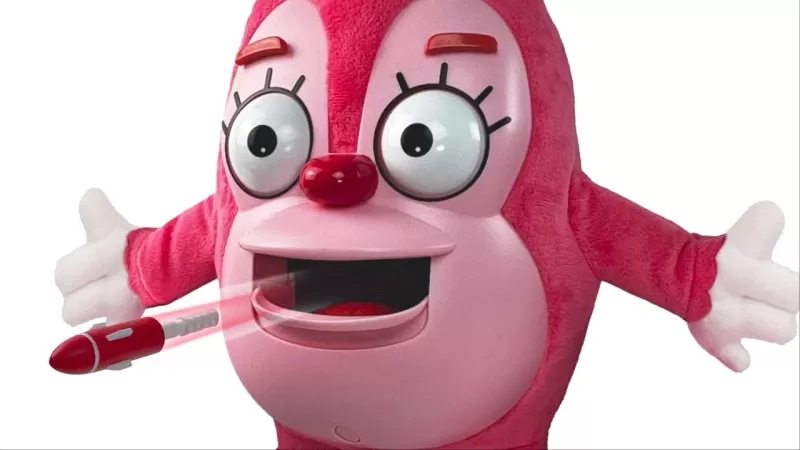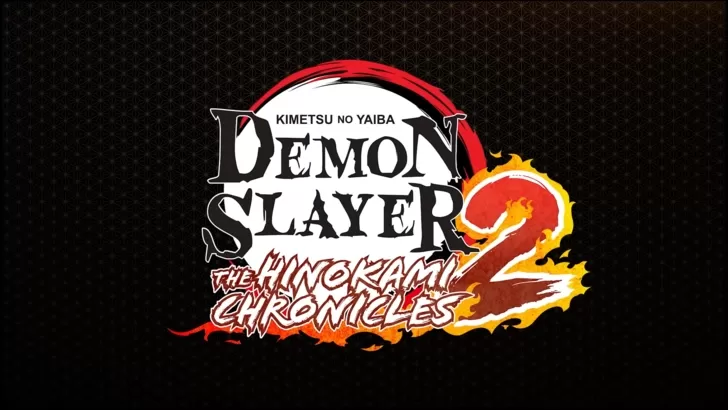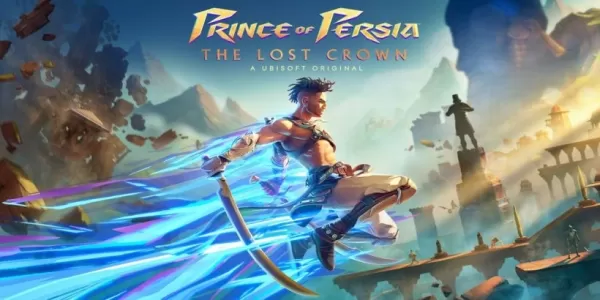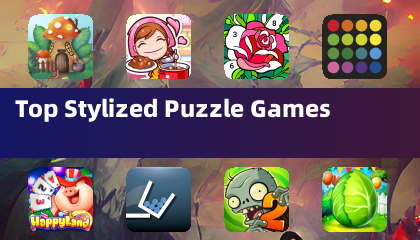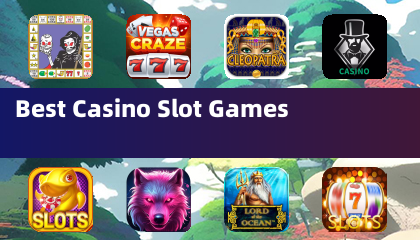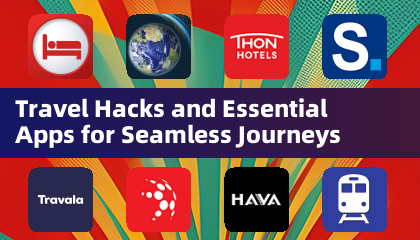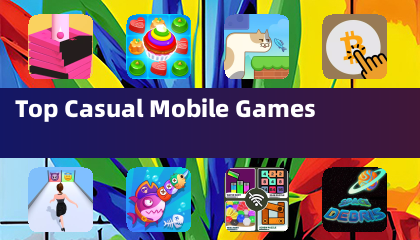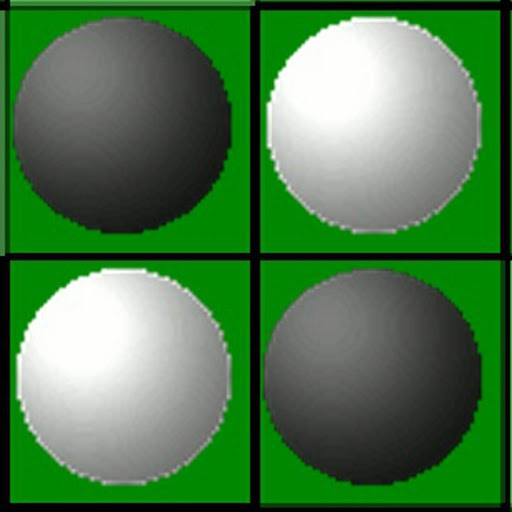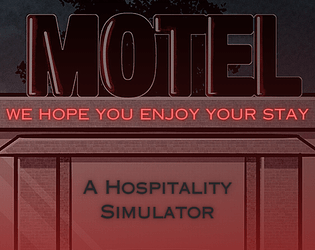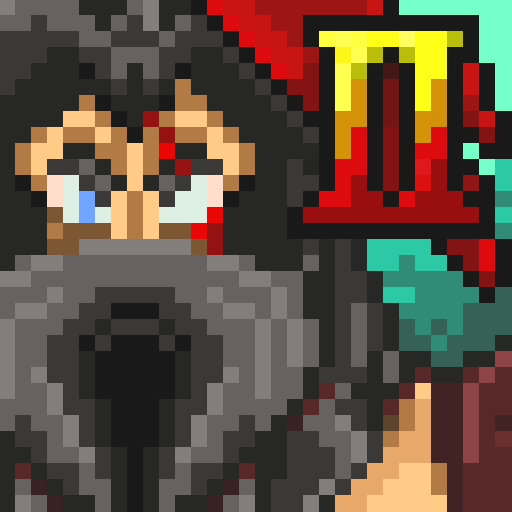EA's Origin App, launched in 2011, was designed to be a digital storefront for purchasing EA's PC games, offering an alternative to Steam. A notable highlight was the exclusive release of Mass Effect 3 in 2012, which mandated the use of Origin. Despite this, the platform struggled to gain widespread acceptance due to its cumbersome user experience (UX) and frustrating login processes. Many PC gamers actively avoided using Origin, yet EA continued to support it until recently deciding to replace it with the new EA app, which has faced similar criticisms for its clunky interface.
This transition comes with significant implications. For instance, if you own games like Titanfall on Origin and fail to migrate your account to the EA app, you risk losing access to your purchased games. Additionally, the EA app only supports 64-bit operating systems, leaving users with 32-bit systems unable to use the new platform. While this move is in line with industry trends—Steam also ceased support for 32-bit OS in early 2024—it's worth noting that Microsoft sold 32-bit versions of Windows 10 until 2020. If you're running Windows 11, you're safe, as 64-bit support has been standard since Windows Vista, nearly two decades ago.
To check if your system is 32-bit or 64-bit, simply look at your RAM capacity. A 32-bit OS can only utilize up to 4GB of RAM, so if your system has more, it's likely 64-bit. If you've mistakenly installed a 32-bit version of Windows, you'll need to perform a full system wipe and reinstall a 64-bit version to access the EA app.
The cessation of support for 32-bit systems in 2024 highlights broader questions about digital ownership. Losing access to a game library due to hardware changes is a frustrating reality, and it's not just EA; Valve's Steam has also dropped 32-bit support, impacting users unable to upgrade their systems. Moreover, the rise of invasive digital rights management (DRM) solutions like Denuvo, which can require deep system access or impose installation limits, adds to these challenges despite legitimate purchases.
One solution for maintaining access to a digital library is to support platforms like GOG, operated by CD Projekt. GOG's commitment to DRM-free games means that once you download a title, you own it indefinitely, playable on any compatible hardware. This approach does open a window for software piracy, yet it hasn't deterred developers from releasing new titles on the platform, with the upcoming RPG "Kingdom Come: Deliverance 2" set to launch on GOG soon.

 LATEST ARTICLES
LATEST ARTICLES 